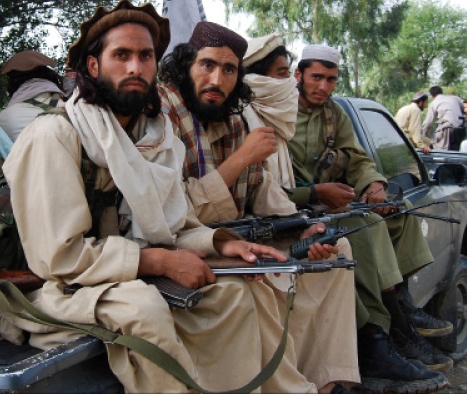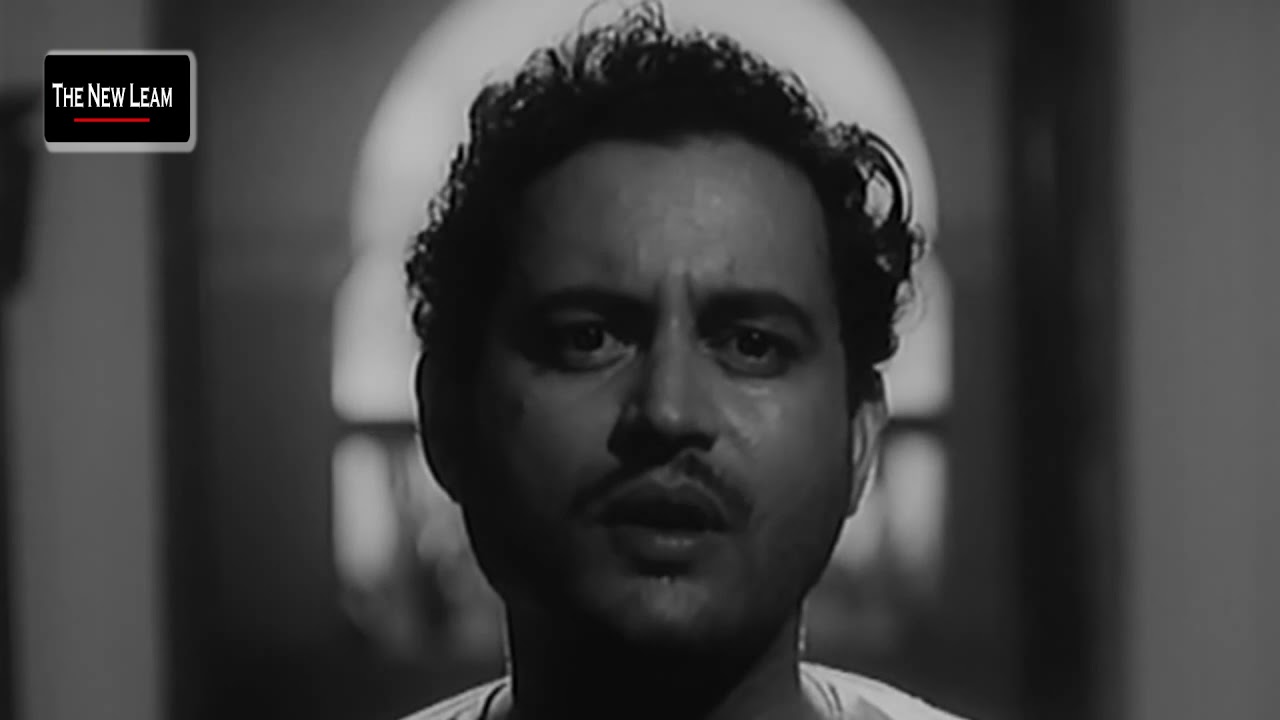POLITICS
Gorakhpur’s Urdu Bazaar is now Hindi Bazaar while Allahabad has become Prayagraj – the trend of changing names of significant towns and cities of the nation reminds us that a politics based on differentiation and alienation of the minority is opposed to the growth of the nation as a whole.
Ramiya Ramanathan is a Senior Journalist based in Chennai.

This period in India’s history marks a unique trajectory epitomised by a series of name changes. The names that are being altered and changed are not those of individuals but rather those of cities and towns particularly the ones that carry traces of Islamic culture, history and heritage. The need to finish the traces of Islamic influence on history, to put an end to the cultural assimilation that took place during the Mughal conquest and to rewrite an Indian history that iconizes the saffron agenda alone and denies the contributions of all others is being asserted again and again in contemporary politics.
The self-claimed proponents of Indian-ness have time and again asserted that all the traces of foreign invasion have to be erased with specific reference to Islamic invasion of India. No wonder a historic monument that the world is fond of, i.e. the Taj Mahal is removed from Uttar Pradesh’s tourist catalogues as it is reduced only into a symbol of Islamic conquest. The advocates of name changing visualize it as a tool to ignite communal sentiments and to divide communities on religious lines. The Hindu chauvinist chip that dominates the sensibilities of the current government has adopted the mission to change all Muslim names to Hindu names. It is not surprising that we have come a long way from Gorakhpur’s Urdu Bazaar to Hindi Bazaar, from Mughalsari station to Deen Dayal Upadhayaya station and from Allahabad to Prayagraj.
The saffronisation of politics has taken an altogether new dimension with the renaming of many cities and towns in the nation and particularly those that have names associated with the Mughal period. The obsessive requirement to wipe of any trace of Islamic influence makes this step critical as an agent of particular-istic nationalism. Over the last year the Centre has approved the changing of names of 25 cities and towns in India and the approvals for many more are pending. Allahabad and Faizabad are among the latest places to be renamed. It is the Home Ministry that takes the charge of initiating the name changing process.
It gives a no-objection to the name changing after taking the approval of departments like the postal and the railways. The organisations ensure that there is no village/town that already has similar name. The renaming process of a state requires an amendment of the constitution and a simple majority in the parliament. Last year the legendary Mughalsarai station was renamed Deen Dayal Upadhyaya station.
Recently it has been proposed by the BJP to rechristen Agra’s name to Agravan and this has incited the Opposition to claim that the ruling party is putting under the table its absence of concrete work by diverting the nation’s attention to name changing. The politics of name change has been indicative of the fact that it immediately attracts public attention and diverts their concerns from developmental issues to sentimental issues. The dominant discourse that is being provided in this context is that the names associated with slavery should be replaced by those epitomising free India but the question that ought to be asked is whether the changing the names alone can free us from our enslavement by poverty, illiteracy, low economic advancement, inadequate healthcare and a series of important facilities that will empower people?
Moreover are we so unsure of our freedom that a name changing alone will tell us that we are free? The British and the Mughals have left but it is a completely futile exercise to believe that changing a name will change history.
Why are we conveying a message of second class citizenship to the Muslims of India and alienating them from the confluence named India? It is time we concerned ourselves with our real issues instead of being taken over by the particularistic politics of name changing.














